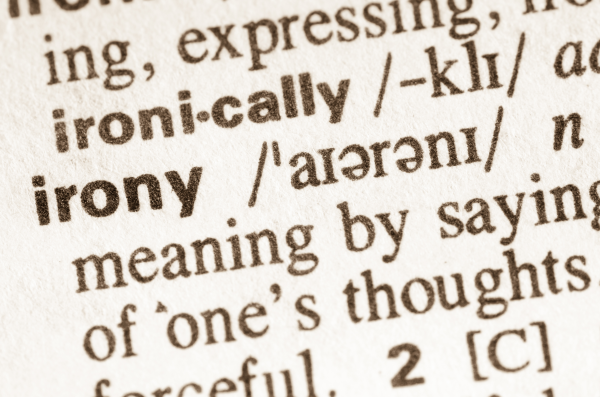There is a strange irony in organisations complaining about the cost of private health insurance while arguing the solution is to make it $6 billion more expensive.
You suspect the latest report from the Grattan Institute on private health insurance was written pre-election and on the assumption of the expected Labor victory.
It reveals the pressure a Labor government would have faced on the private health insurance rebate from think-tanks but also groups like the Consumers Health Forum.
The CHF issued a media release last night unsurprisingly welcoming the report. It was not surprising because they issued their first release on the report on 16 June - it was withdrawn the next day because they clearly did not get the memo from Grattan confirming the report's delayed-release.
Was that delay a result of the unexpected election outcome? How long had the CHF been working with Grattan on supporting the release of this report?
The episode reveals the nature of the relationship between Grattan and the CHF - the CHF had seen the report but not the private health insurers.
Grattan subsequently shared the report with insurers.
Yet a more important question might be whether the CHF has ever failed to back a report critical of the private health sector?
"The report by the Grattan Institute, released tonight (15 July) concludes that the Government needs to ask a fundamental question: do the benefits of further subsidies for health insurance justify the costs?" asks the CHF in its re-released media release late Monday.
"Those costs not only include the $6 billion a year subsidy and various tax and regulatory provisions but also the adverse impact of private insurance on the public system. For instance, higher incomes for specialists in the private sector have reportedly made it difficult for the public sector to recruit and retain doctors."
It adds, "Higher premiums and out of pocket medical costs are fueling dissatisfaction with private health insurance and eroding the universal access to health care promised under Medicare."
So, according to the CHF, premiums are too high and the solution is to scrap the rebate and hit millions of consumers with a one-off increase of over 30 per cent? You cannot legitimately claim any concern over costs while arguing they should be dramatically increased - by around $6 billion - an increase that would lead to a dramatic slide in the number of Australians with private health insurance with obvious implications for the public health system.
